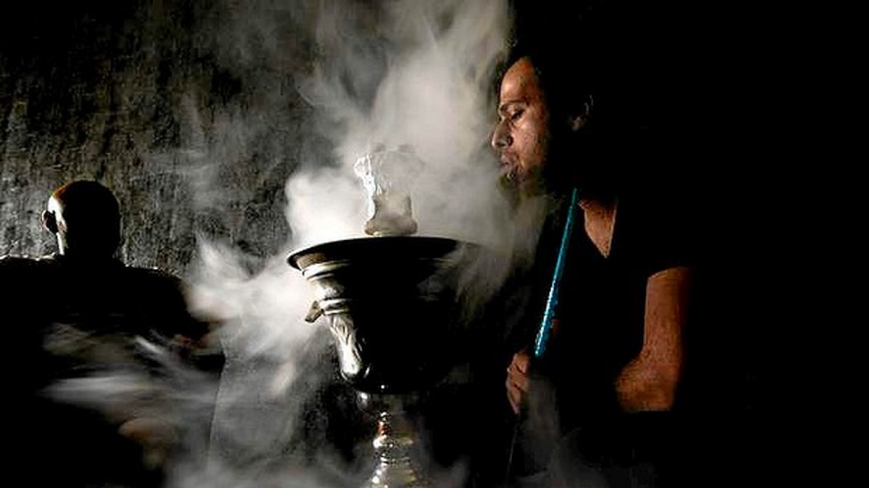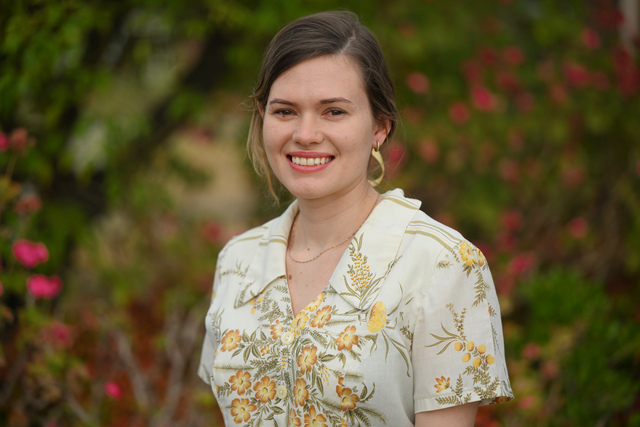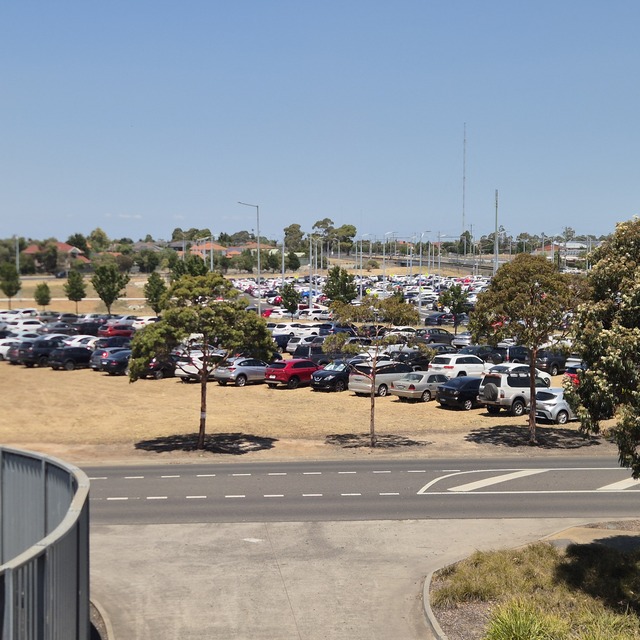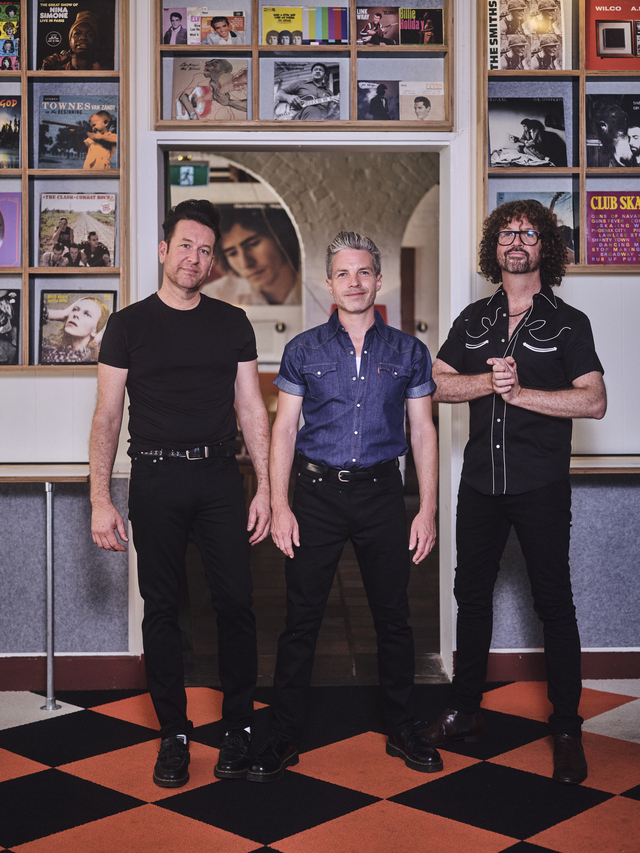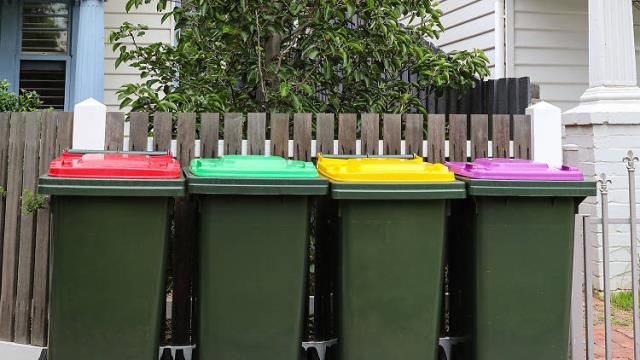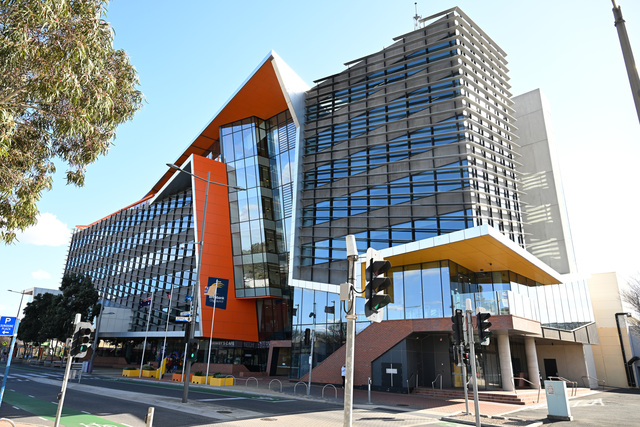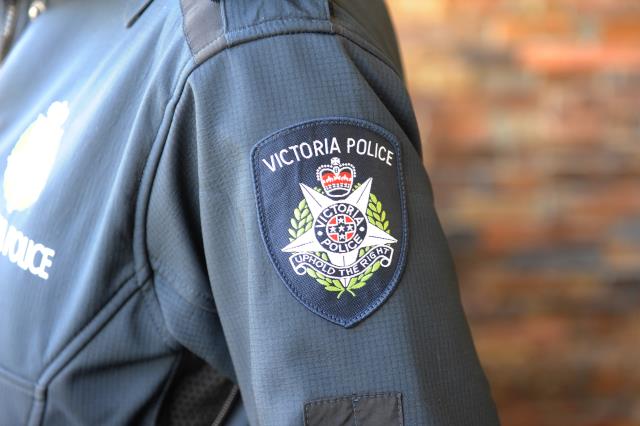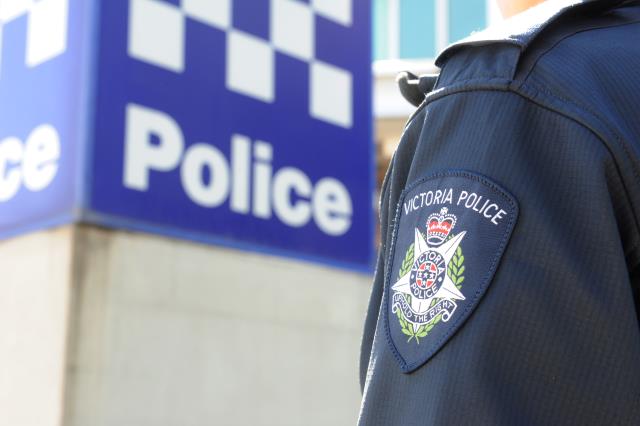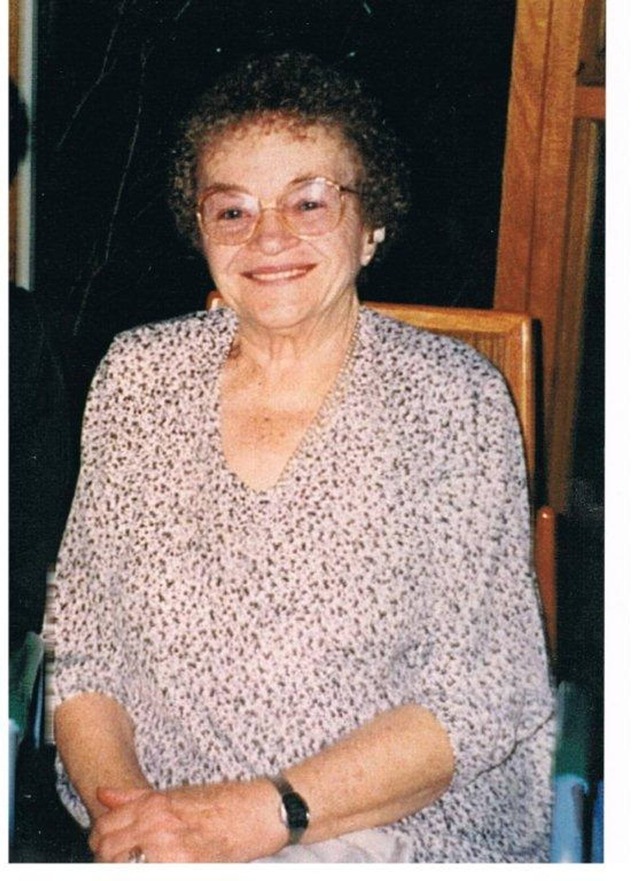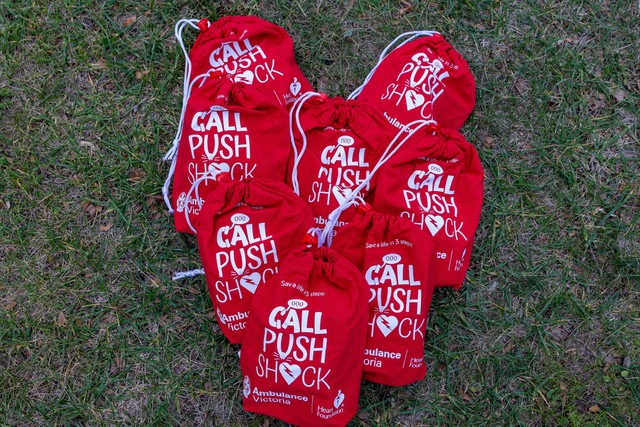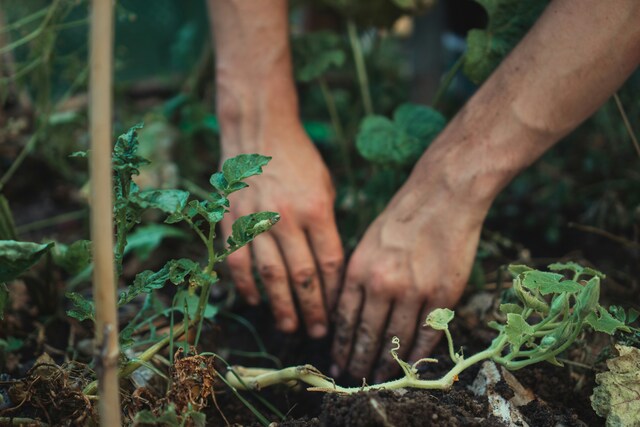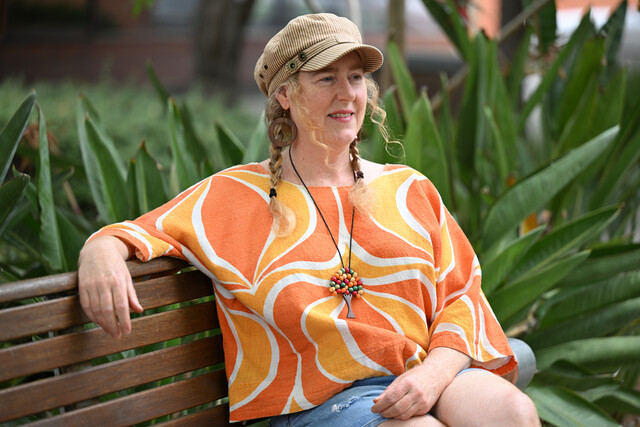Doctors and a coalition of public health groups have called for closure of a legal loophole that allows indoor shisha smoking in Victoria.
The Australian-Lebanese Medical Association joined the Heart Foundation, Cancer Council Victoria, and Quit Victoria, in asking the Coalition and Labor to commit to banning the practice ahead of next month’s state election.
Labor says it wouldn’t support a ban because it could be unfair to our multicultural community.
Dr Walid Ahmar, a cardiologist and ALMA president, said shisha smoking, popular in cafes in parts of Melbourne, had wrongly been considered harmless.
He said in a one-hour session, users could inhale 100 to 200 times the volume of smoke inhaled in a single cigarette, increasing their risk of heart disease and a range of cancers.
“Water-pipe usage is associated with serious potential health hazards not only to the smoker but to those who are exposed to the smoke. It can cause a number of cancers, lung, stomach, oesophageal, oral cancer in addition to the development and progression of coronary artery disease.
“Given the well-known and documented impacts of second-hand smoking it is absolutely unacceptable to continue to expose staff and customers to this risk, because of a legislative oversight.”
Dr Ahmar said shisha smoking is banned in restaurants in Lebanon, “yet it is still prevalent here” and in Turkey, TV ads warn of its harmful effects.
He called on all political parties “to show leadership to support and put the health of our community first and foremost in closing this loophole ahead of next month’s state election”.
In 2006, the state government banned smoking in enclosed workplaces. But the ban, using a definition in the Tobacco act of 1987, applied to consumption of tobacco product whose “main ingredient” was tobacco.
Because waterpipe tobacco consists of a mix of tobacco, molasses and flavourings, tobacco may not be the main ingredient. Molasses and fruit flavouring can account for up to 70 per cent of the mixture.
The lobbyists propose that the definition of “tobacco product” be amended to remove the term “main ingredient”, and be defined as “tobacco, or a cigarette or cigar, or any other product containing tobacco and designed for human consumption or use”.
Shadow Health Minister Gavin Jennings said Labor had implemented many reforms such as banning smoking in pubs, clubs and workplaces.
“But reform has to get the balance right. Banning shisha, particularly when it has no tobacco content, could unfairly affect parts of our multicultural community.”
Cancer Council Victoria director of prevention Craig Sinclair said Victoria is “unfortunately the only state in the country that still allows such a practice to still continue”.
He said given the “well-known and very well-documented health impacts of second-hand smoke”, it was “unacceptable that this practice can continue, to expose both staff and customers to this risk because of what is clearly a legislative oversight”.
But Rashid Freihat, owner of Arabesque Shisha Lounge and Cafe in Sydney Road, Coburg, said a ban would shut down his business.
Mr Freihat knows of 18 shisha businesses along Sydney Road. Smoking the hookah was a cultural and social practice. At his lounge, friends could gather to watch soccer and eat tapas together. He doesn’t serve alcohol.
He said shisha mix was “only about 10 to 15 per cent tobacco and the rest is flavoured fruit”.
He hadn’t been affected by second-hand smoke in three years working there, and the lounge had an exhaust system.
A spokesman for Health Minister David Davis said: “The Government’s immediate priority will be implementing the announced ban on smoking in outdoor dining areas, but will examine the issue raised today.”

